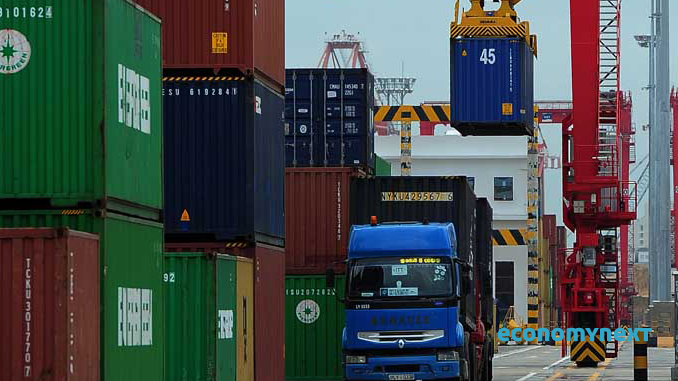Sri Lanka to extend import controls for another six months

LNP – Sri Lanka is looking into continue the imports and other controls for another 6 months. This decision was upcoming and today being more formalzied.
The Cabinet of Ministers has decided to extend the prevailing exchange and import controls for another six months effective from 2 July, to stabilise the Sri Lankan rupee, while relaxing inflow regulations as proposed by the Minister of Finance Mahinda Rajapaksa, Joint Cabinet Spokesman Bandula Gunewardene said.
The decision will be confirmed via a formal Government Gazette Notification. Meanwhile, the Government also plans to revise some regulations to deal with concerns over money laundering.
Mainly due to the significant currency depreciation witnessed since the onset of COVID-19 in Sri Lanka, the Government imposed import restrictions on 16 April 2020 by limiting imports to essential goods, such as fuel, medicine and a few other categories. However, now, the Govt. is gradually relaxing the controls after considering stakeholder grievances and economic priorities.
According to economic analysts, these limitations were imposed owing to the muted International Sovereign Bond (ISB) market, given the anticipated negative impact from COVID-19 on the global economy.
“With the GoSL having to honour an estimated US$ 4 billion in debt settlement during April to December 2020, around 70 per cent of the funding needed for pending debt settlements were secured by obtaining funds from neighbouring India and China,” CT CLSA Securities (Pvt) Limited stated its latest economic update.
The Central Bank of Sri Lanka (CBSL) also stated that moving forward, the economy might face several challenges on the external front stemming from various factors, including the need for foreign financing, bleak global economic developments and other trade-related controls.
The CBSL also stated that Sri Lanka’s existing trade deficit could widen further in 2020, as demand for Sri Lankan exports would be affected despite the various import controls imposed and lower global crude oil prices – which however, have gathered momentum over the past few weeks. CBSL said that both key exports, as well as associated intermediate goods imports would witness a drop in the period ahead.
Exports of textiles and garments are likely to be severely impacted, while demand for related intermediate goods imports will also see a decline.
The curtailment of investment goods imports, as well as import of non-essentials, would also impact external trade, CBSL said.
Due to foreign loan settlements, Sri Lanka’s forex reserves were down by at least US$ 686 million to US$ 6.5 billion by end-May 2020, from US$ 7.2 billion in April, stated the CBSL. However, CBSL has maintained minimal forex market interventions to safeguard the rupee.
Given the above positive developments, and the assumption that importers will not be allowed to import like in the pre-import control period to preserve the rupee during 2020, CT ClSA Securities (Pvt) Limited revised its LKR/USD forecast to Rs 195/US$ as at 31 December 2020, from its previous Rs 210.7/US$ estimate).
To strengthen its current deteriorating reserve position, Sri Lanka is currently attempting to acquire a Rapid Credit Facility from the International Monetary Fund (IMF) to the tune of at least US$ 800 million, depending on the country’s IMF quota, in lieu of the economic impact of the COVID-19 pandemic.
However, economists said that the IMF might delay fulfilling Sri Lanka’s request until a proper Budget is presented to Parliament after the upcoming General Election.
